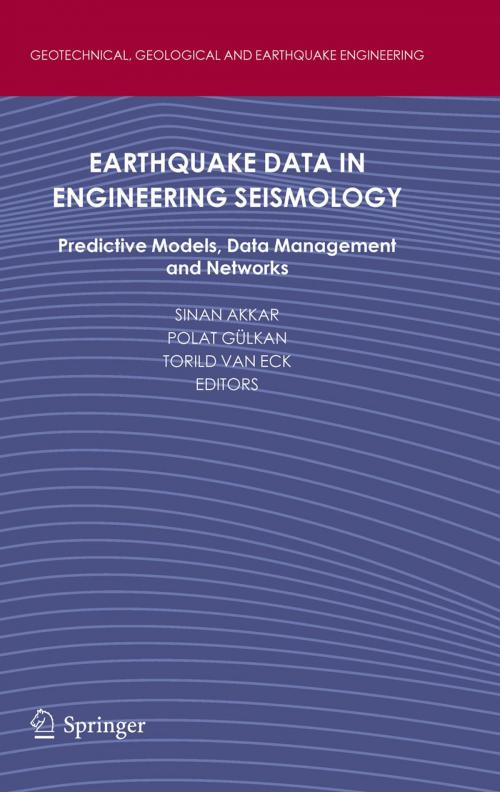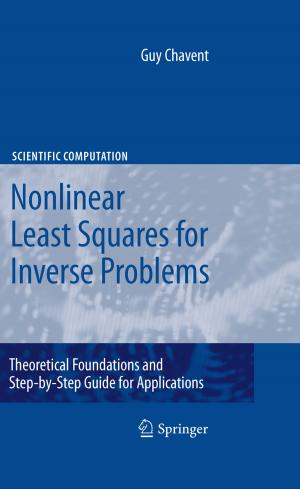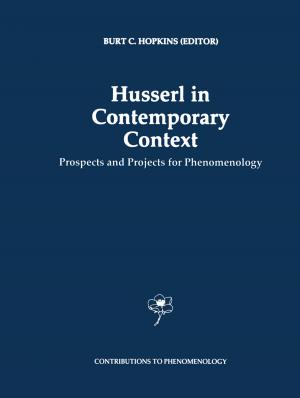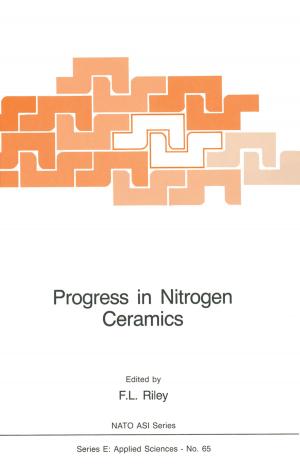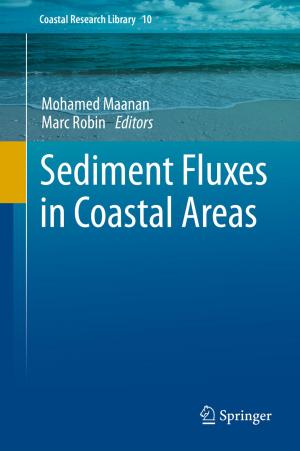Earthquake Data in Engineering Seismology
Predictive Models, Data Management and Networks
Nonfiction, Science & Nature, Science, Other Sciences, Meteorology, Nature, Environment, Natural Disasters| Author: | ISBN: | 9789400701526 | |
| Publisher: | Springer Netherlands | Publication: | January 3, 2011 |
| Imprint: | Springer | Language: | English |
| Author: | |
| ISBN: | 9789400701526 |
| Publisher: | Springer Netherlands |
| Publication: | January 3, 2011 |
| Imprint: | Springer |
| Language: | English |
This book addresses current activities in strong-motion networks around the globe, covering issues related to designing, maintaining and disseminating information from these arrays. The book is divided into three principal sections. The first section includes recent developments in regional and global ground-motion predictive models.
It presents discussions on the similarities and differences of ground motion estimations from these models and their application to design spectra as well as other novel procedures for predicting engineering parameters in seismic regions with sparse data. The second section introduces topics about the particular methodologies being implemented in the recently established global and regional strong-motion databanks in Europe to maintain and disseminate the archived accelerometric data. The final section describes major strong-motion arrays around the world and their historical developments. The last three chapters of this section introduce projects carried out within the context of arrays deployed for seismic risk studies in metropolitan areas.
Audience: This timely book will be of particular interest for researchers who use accelerometric data extensively to conduct studies in earthquake engineering and engineering seismology.
This book addresses current activities in strong-motion networks around the globe, covering issues related to designing, maintaining and disseminating information from these arrays. The book is divided into three principal sections. The first section includes recent developments in regional and global ground-motion predictive models.
It presents discussions on the similarities and differences of ground motion estimations from these models and their application to design spectra as well as other novel procedures for predicting engineering parameters in seismic regions with sparse data. The second section introduces topics about the particular methodologies being implemented in the recently established global and regional strong-motion databanks in Europe to maintain and disseminate the archived accelerometric data. The final section describes major strong-motion arrays around the world and their historical developments. The last three chapters of this section introduce projects carried out within the context of arrays deployed for seismic risk studies in metropolitan areas.
Audience: This timely book will be of particular interest for researchers who use accelerometric data extensively to conduct studies in earthquake engineering and engineering seismology.
